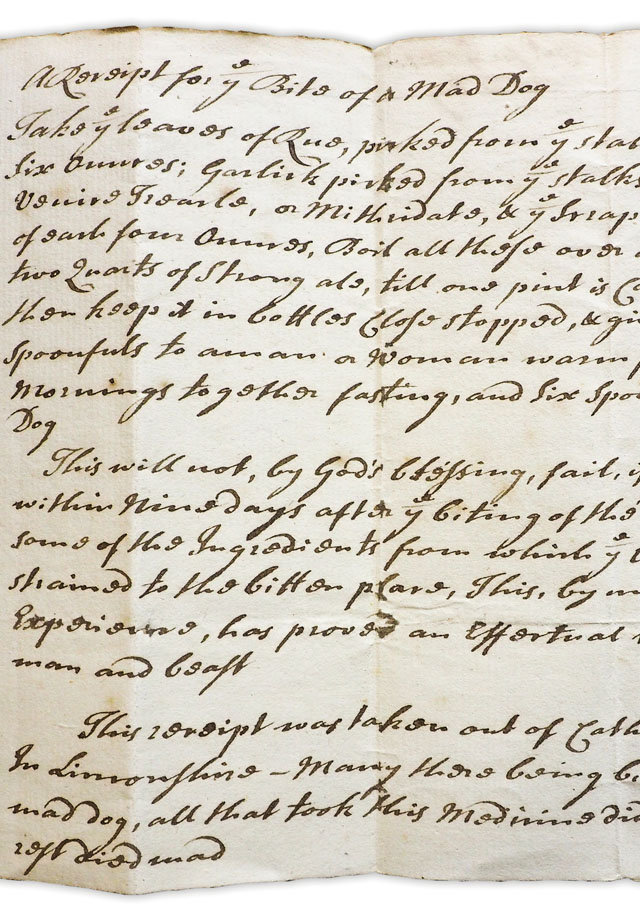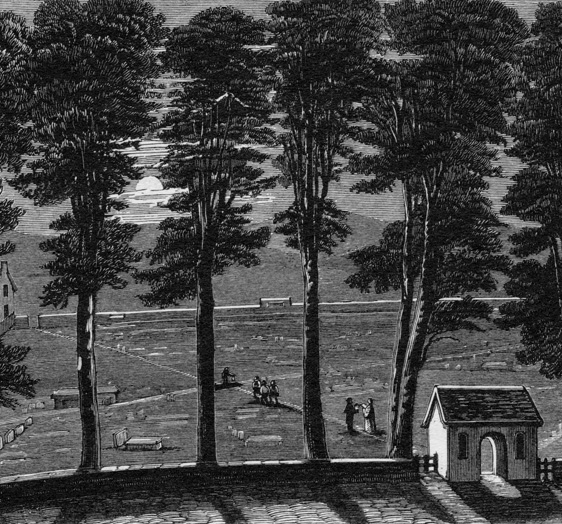Researched by Heritage Advisory Group
Exeter in the seventeenth century had a population of about 9,000 who relied for medical care on physicians, surgeons, apothecaries, and wise women and men, many with no formal training or official recognition. Control over practice was limited. In February 1562 two vagrants were whipped for pretending to be surgeons and tooth drawers, but that punishment was probably for their vagrancy.
There were a handful of physicians in practice in Exeter. These were Thomas Edwards, John Woolton, John Norris, Richard Dewe, John Lant and Clement Wescombe.
In the Tudor and Stuart reigns very few medical practitioners in Exeter belonged either to the College of Physicians in London or to the Worshipful Society of Apothecaries of London.
Most practitioners of physic in the diocese of Exeter had no qualifications at all on a list compiled for the Bishop of Exeter in 1665. The term physician or doctor implies a modern distinction of function.
The modern Consultant Physician has a different role to the surgeon, and from the pharmacist, whereas in Tudor and Stuart times many apothecaries practised medicine as physicians and as surgeons in Exeter.
Thus in 1580 William Dove, an apothecary, was licensed at Exeter to practise medicine and surgery. In 1622 Anthony Salter apothecary of Exeter was licensed for surgery. In 1628 the Archbishop’s Registers record Thomas Flay, apothecary of Exeter, licensed for medicine and his ex-apprentice, James Collins, was licensed nine years later. Collins was also the son-in-law of Thomas Edwards, another apothecary-physician of whom we shall hear more.
These men may initially have had little formal education, but acquired clinical experience and immense practical knowledge of drugs, medicine, and surgery. Over time, the apothecaries also acquired wealth and status. By the nature of their profession, apothecaries were also actively involved in trading materia medica from abroad.
Exeter was the home to some notable or notorious apothecaries including Thomas Edwards, a gentleman, who went to Oxford in 1562 to improve his Latin after finishing his apprenticeship with William Trivett, an Exeter apothecary who himself became mayor in 1573. Edwards accompanied Francis Prampergo, a physician, on his patient visits. Edwards then set up himself as apothecary and began to practise medicine about I597. Edwards later described himself as “surgeon” on his daughter’s marriage licence in 1623.
In 1604 Edwards accused John Woolton, son of a Bishop of Exeter and eminent physician, of libel. Woolton had written to Edwards in “vicious and obscene” language: Mr Trivett your master taught you not to go beyond your mortar and pestle… you ought not to minister so much as a clyster or open a vein… without licence of a physician.
Edwards accused Woolton of publishing the libel among other medical men and local gentry. Edwards nearly attacked Woolton with a rapier, when the latter yelled, “go home to your pestle and mortar”.
This cause celebre lasted over 3 years. Woolton was found guilty. He was fined £500 and £170 damages to Edwards. Woolton was sentenced to stand in the marketplace at the next Assize in Exeter with the pleadings round his neck, to be imprisoned till then, and bound over thereafter.
Nicholas Lymett, who in 1545 accused a number of men of illegally practising medicine in the neighbourhood, only succeeded in harassing four respectable men (three were clerics), two of whom were able immediately to produce letters testimonial granted them some years earlier by the Bishop of Exeter.
In contrast three other Exeter apothecaries, Thomas Baskerville, Humphrey Bidgood, and Anthony Salter not only had friendly contact with physicians, but their sons all took medical degrees and became physicians. Sir Simon Baskerville served as physician to both James I and Charles I.
Thomas Baskerville (c1549-1596) lived and died in the parish of St Mary Major. He served his apprenticeship with John Hele and was made freeman in 1571. His will and inventory from the sixteenth century have survived. When Thomas died, he held leases of houses in Cook Row, in South Gate Street, and a stable and brewhouse in Rack Lane, all in the parish of St Mary Major. In Thomas’ inventory are listed such exotic products as lignum vitae, sassafras wood, tobacco, and sarsaparilla. Sarsaparilla and lignum vitae (or guaiacum) were valued for treating syphilis.
Baskerville had a house with eight rooms and a cellar and shop, a hall, two parlours and a separate kitchen, with three bedrooms on the first floor. His estate was valued at £324 including £26 15 shillings 9 pence in coin, about a quarter of that left by some rich Exeter merchants.
There was also an infamous murder related to apothecaries in Exeter. Poor Humphrey Bidgood was murdered in 1641 by his apprentice Peter Moore, who put “powdered white mercury into his Master’s messe of pottage”. Moore was executed at Heavitree, and his confession was published as the Apprentices’ Warning-Piece.

